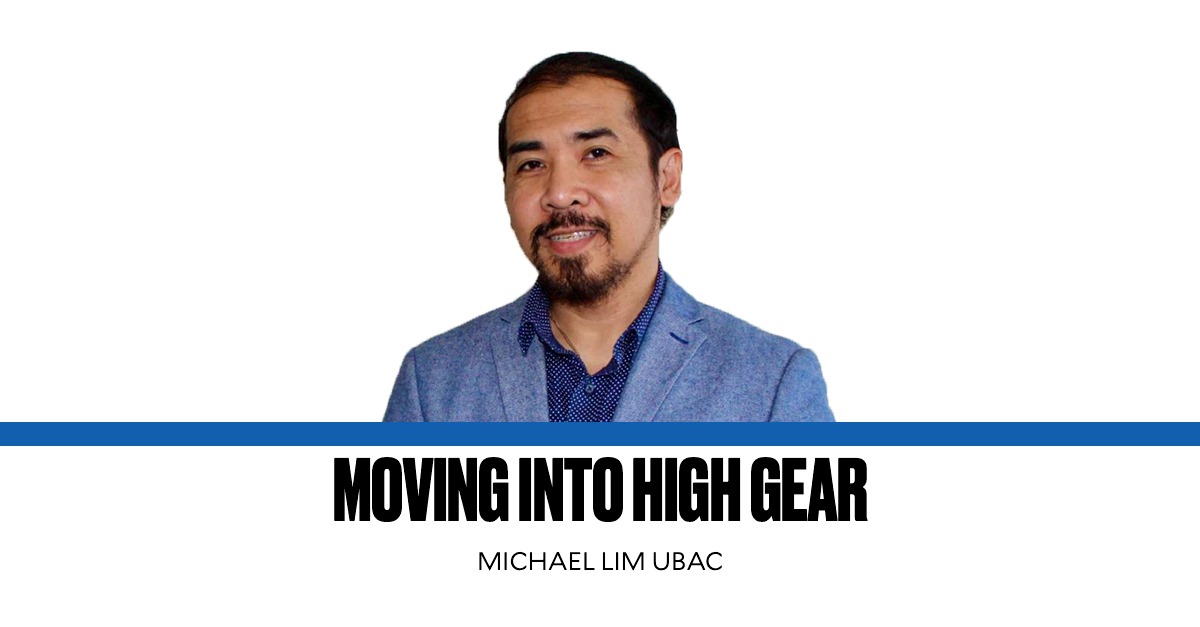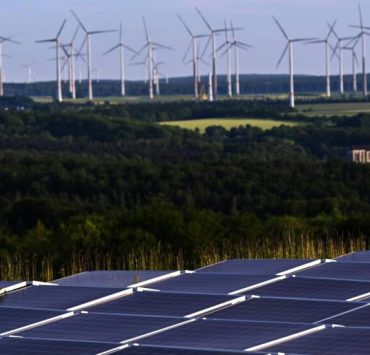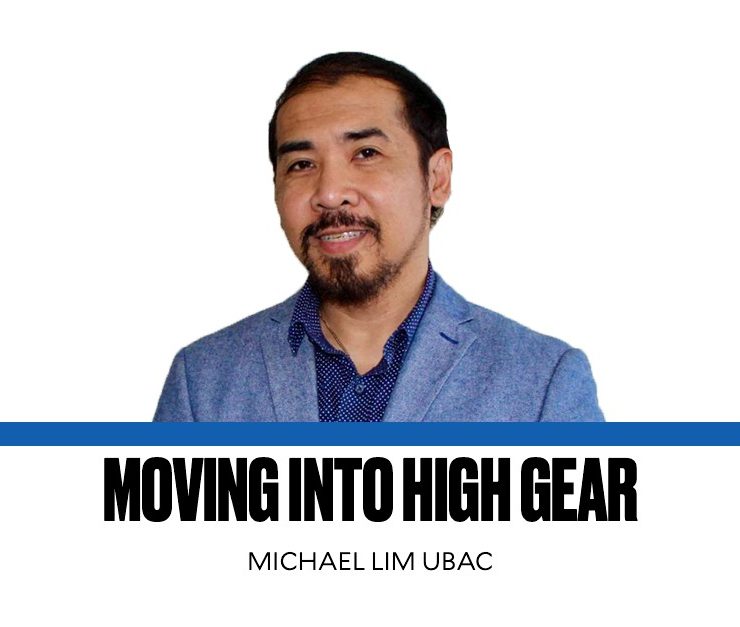Bridges of innovation in a time of war

Amidst the backdrop of a raging war between Israel and Hamas in Gaza and Hezbollah in Lebanon, Israeli Ambassador to the Philippines Ilan Fluss is continuing his engagement in the Philippines, quietly working with private and government agencies to strengthen what he calls “bridges of innovation and technology” between the Philippines and Israel.
“This is what we are preaching, this is what we are calling for—we have to work together to develop a better world for us all,” said Fluss, 58, who was recently interviewed by this columnist following Israel’s 76th Independence Day.
In 1947, the Philippines was the only Asian nation to vote for the creation of a separate Jewish state, which was established the following year. Since then, Israel has waived visa requirements for Filipino tourists and pilgrims who visit the Jewish homeland, which is home to some of Christianity’s most sacred sites and the birthplace of Jesus Christ.
Our conversation focused on what’s keeping Fluss busy these days, besides praying for the return of the 115 Israelis kidnapped by Hamas during the terror attack in Israel last Oct. 7. Fluss outlined the ongoing cooperation in agriculture, water and food security, cybersecurity, labor, and education between our two nations.
For Fluss, Israeli innovation, including the coronary stent used in heart operations, components of iPhones, and the development of Viber and Waze, helps advance the good of humanity. As the so-called “startup nation,” Israel has a global hub of innovation that is considered the third most successful startup per capita in the world, after Silicon Valley and New York in the United States.
Desert vs archipelago
How can Israeli technologies assist in dealing with the “different challenges in the Philippines” that Fluss is referring to?
The odds were stacked against Israel in 1948. Compared to the Philippines, half of Israel is desert, but the Jewish state has become a leader in agrotechnology due to its highly developed agriculture sector. For instance, Israeli cows can produce 38 to 40 liters of milk a day compared to the average of eight to nine liters in the Philippines. This is why our dairy industry is still underdeveloped: We only produce a measly 1 percent of the 2.5 billion-liter milk demand of the Philippine domestic market, forcing us to import the 99 percent from countries like New Zealand, Germany, and Australia.
Fluss credited the high milk yields of Israel’s cows to “best practices, technology, and management,” principles that our departments of agriculture, environment, and trade can surely learn from.
In contrast, the Philippines is an archipelago with lots of forests and too much rainfall, which is exacerbated by the monsoon season (habagat) from June to October and our usual visitors, storms that sometimes develop into supertyphoons.
But if we fail to store rainwater and surface runoff during the wet season, how can we expect our farmers to fare well during the dry season—and El Niño? In Israel, the Netafim company invented the modern drip irrigation technology to grow crops in the ’60s. The technology addresses water usage and land shortages, producing high-value crops that have ended food scarcity in Israel.
Fluss believes that sharing agrotechnology with the Philippines cannot be a copy-paste approach, but rather done together through “partnership.” He explained that Israel is willing to share an “ecosystem of innovation, which is really the secret of how Israel became a leader in innovation” in technology (software, communications, biotechnology, and nanotechnology), manufacturing, agriculture and food processing, pharmaceuticals, and cybersecurity. (Israel receives 40 percent of global cybersecurity investments).
But for this to happen, the government should not simply be satisfied with the thriving business process outsourcing model, which is service-oriented. What we should be focusing on is the development—funding and incentivizing—of local innovators and developers. Fluss is telling us that we have a strong human capital in the Philippines, which includes proficiency in English, high literacy, and a young population. A local manufacturing base for Israeli companies in the Philippines is growing, but Fluss said it can grow much more.
Therefore, our capacity for developing advanced industries can grow further if we have the proper mindset. It is important for us to innovate collectively as a nation. A paradigm shift from a fragmented approach to development, which relies on private capital to fuel growth, to a collaborative model underpinned by government support and direction is needed. This holistic approach entails a quantum leap in research and development, and the valuing of individual talents and skills is made central to the whole enterprise.
Fluss also addressed the elephant in the room during the interview—the resolution of the Israel-Hamas War. To find out how he responded to the high death toll and ongoing humanitarian crisis, download the new Inquirer Mobile app and watch the highlights of the exclusive interview.

















